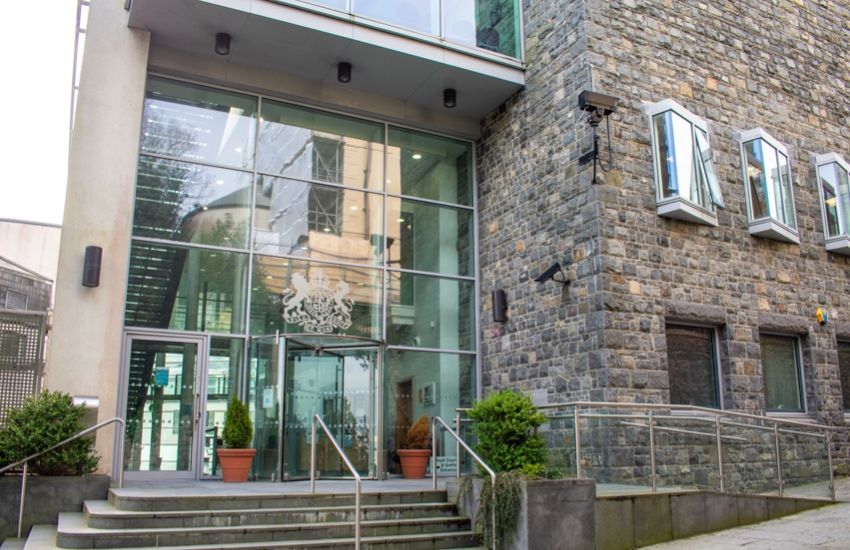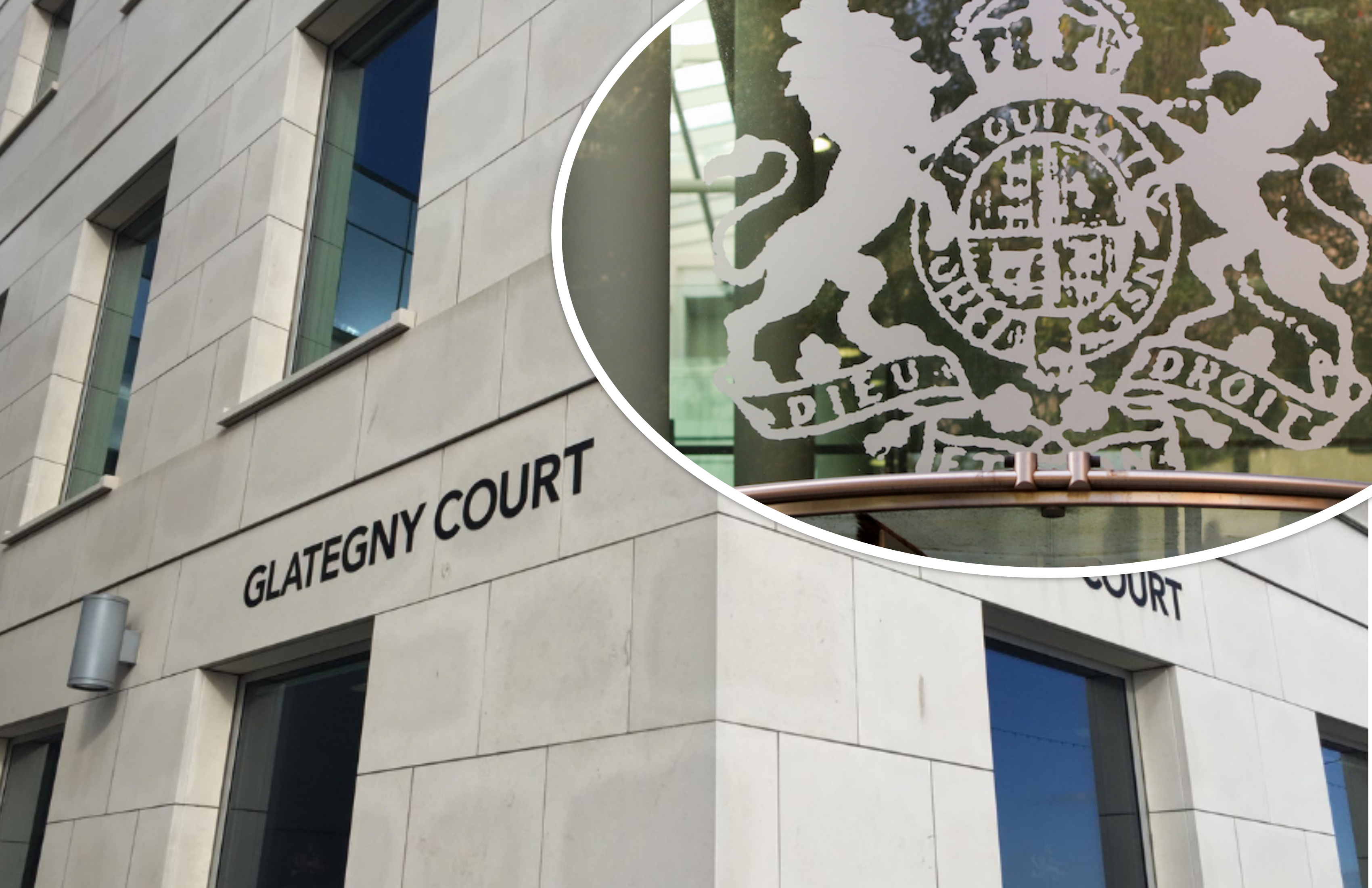


A legal fight between three former senior Providence employees and the GFSC is out in the open after the trio lost an application for it to remain behind closed doors.
The Providence Group was a Ponzi scheme which finally collapsed in August 2016 triggering a wave of action globally as investors lost millions.
Among this was an investigation by the GFSC into the Guernsey links to the Group.
That found in March 2021 that Robin Fuller, Adam Tattersall and Patrick Moroney did not meet the minimum criteria for licensing and imposed a sanction on them, a case that until now has not been made public as they fought against the decision.
But the veil has been lifted after they made an application to Guernsey's Court of Appeal (Civil Division) for their appeals against both the GFSC's findings and those of the Bailiff, who ruled in August after an initial appeal that they did not meet licencing standards but wanted the sanction looked at again, to be held in private.
The Bailiff ordered that his judgment should not be published beyond the parties and their legal advisers.
In their ruling against the privacy application at this next stage, Clare Montgomery KC, Sir Timothy le Cocq and Michael Furness said: "It is a central principle of Guernsey law that the courts should sit in public so that the proceedings can be observed by members of the public and reported on by the media.
"Transparency improves the quality of justice, enhances public understanding of the process, and bolsters public confidence in the justice system in the Bailiwick. The counterweight to any privacy plea is the wider interest of society in open justice, not the interests of the financial services sector."
They said that the fact that the Respondent agreed to suspend publication of its decision, and consented to the hearing before the Bailiff taking place in private was of little weight in deciding whether this Court should sit in private, since it adds nothing to the case for necessity.
"The case for necessity advanced by the Appellants is that the publication of the proceedings on appeal would have severe reputational and financial consequences for them.
"The First [Robin Fuller] and Second Appellants [Adam Tattersall] point to a significant deterioration in their financial circumstances since the investigation into the Providence Group started.
"They state that they have been unable to work in regulated financial services in Guernsey and have had very restricted earnings as a result.
"The Third Appellant [Patrick Moroney] has had the benefit of employment as an accountant but is nonetheless concerned about the impact on his employment and status by publication of the proceedings.
"Each of the Appellants claim that irreparable damage would be caused to them by any publication of the appeal process.
"However, none of the Appellants have explained how any damaging effects would be caused by the fair and accurate reporting of the appeal processes, particularly in the event that their appeals result in vindication and the dismissal of any adverse findings in their cases."

Pictured: The trio contested the decision of the GFSC in court.
The judges did not think the trio had established that there would be a significant likelihood of the destruction or severe damage to their livelihoods by a public hearing, one of the benchmarks for deciding something should be private.
"None of the Appellants have provided any cogent evidence that the reporting of the hearing of appeal and its outcome is likely on its own to cause the destruction or near destruction of their livelihoods.
"There is, for example, no evidence that the Third Appellant would lose his job or his professional accreditation whilst his appeal is pending. There is similarly no evidence that the work that the First and Second Appellants have secured would be lost whilst their liability remains in dispute."
Parties are not entitled to protection from ill-informed reactions from third parties, arising solely from the fact of publicity being given to their appealing against GFSC decisions or sanctions, the judges said.
The risk of such comments cannot be said to defeat the interests of justice, and certainly not to a sufficient extent as to override the general and salutary principle of open justice.
"There is a significant public interest in any contested hearing in relation to regulatory proceedings involving public bodies, being held in public.
"The public is entitled to know what regulatory actions have been taken in relation to matters of public concern, and the adequacy of the conduct of the GFSC.
"This is particularly the case where, as the Appellants' evidence acknowledges, the Providence Group fraud is a matter of public concern.
"Public scrutiny of the appeal will, in our view, help maintain the public's confidence in the administration of justice and make inaccurate and uninformed comment about proceedings less likely.
"The public hearing of the appeal will also enhance equality of information about the circumstances of the Appellants and will encourage transparency and public debate in relation to the financial services sector in Guernsey."
Their appeal cases are now due to be heard next month.
Comments
Comments on this story express the views of the commentator only, not Bailiwick Publishing. We are unable to guarantee the accuracy of any of those comments.